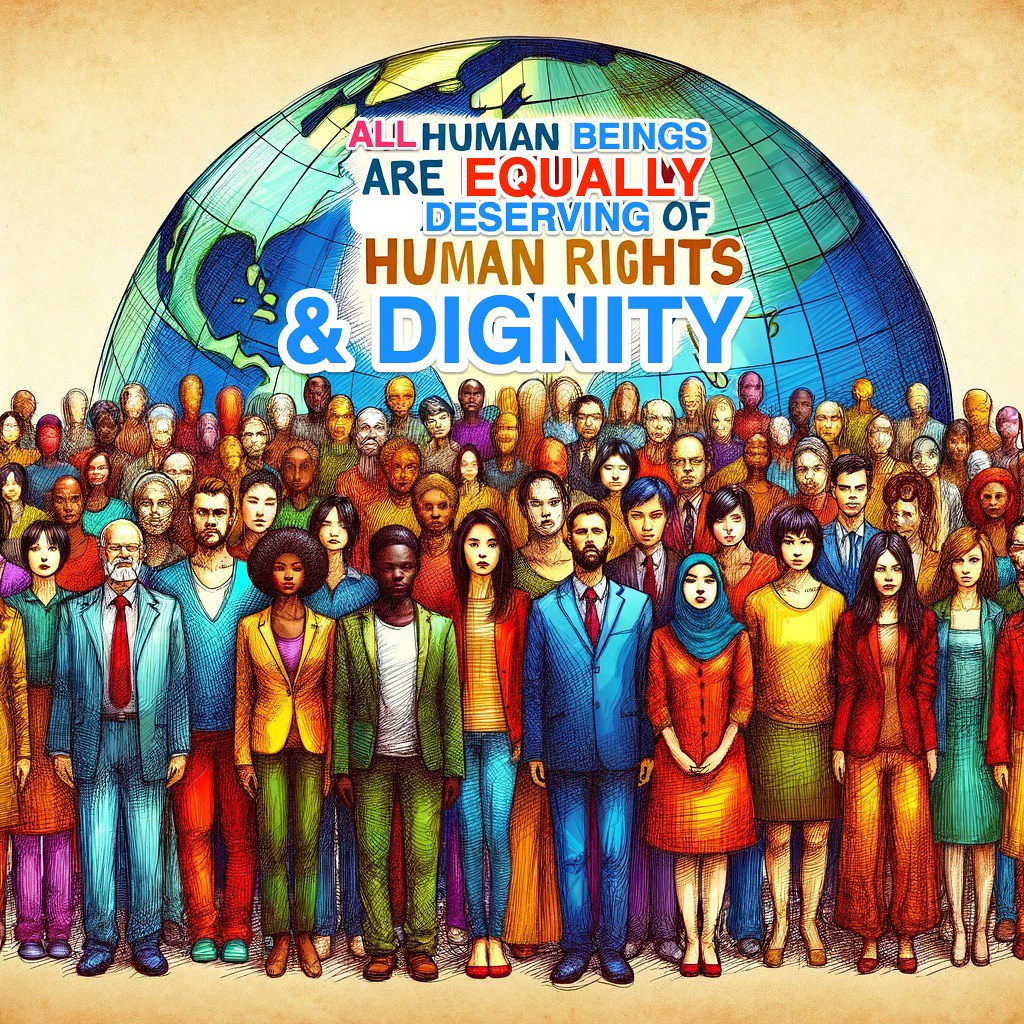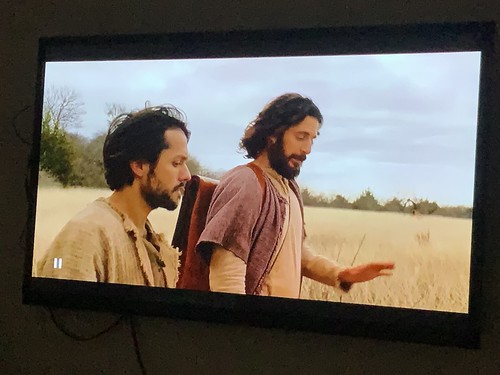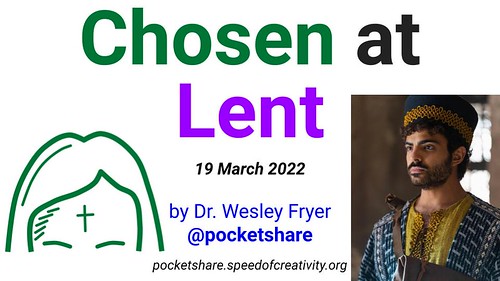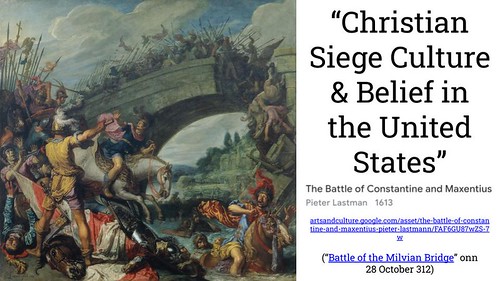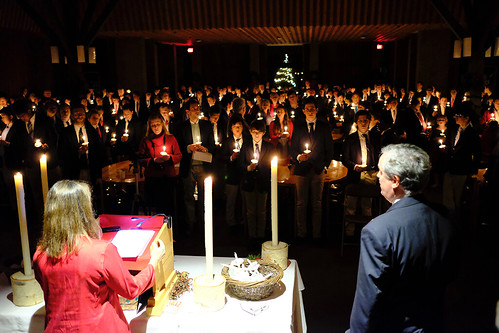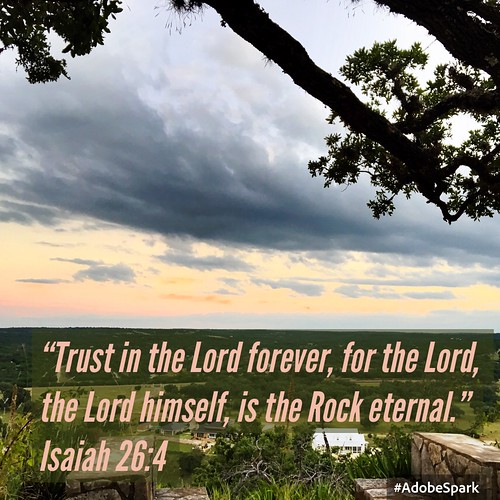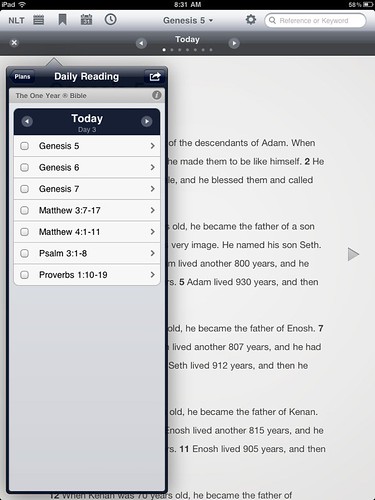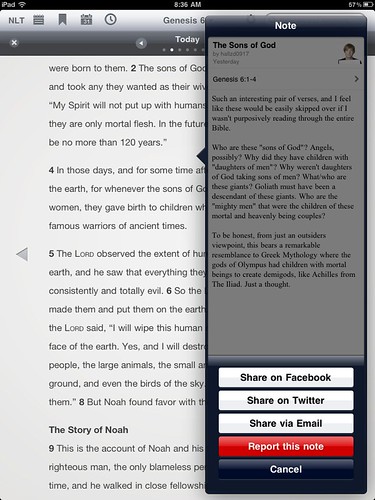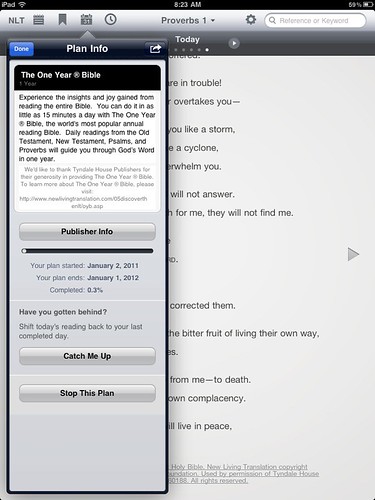This summer I read Paul Stephenson’s 2010 book, “Constantine: Unconquered Emperor, Christian Victor,” and gained a wide variety of insights into the history of early Christianity as well as the Roman empire and its politics. In this post, I’d like to share the background of why I decided to read this book, many of my “key takeaways” / learning points from the book, and some reflections which I’ve had as a result of the ideas in this text. As I read the book, I shared quotations and thoughts on Twitter, and organized those tweets in a single “Twitter thread” you can view chronologically. I’m at the point in my life where I just want to read eBook versions of books or listen to them digitally, and unfortunately this book wasn’t (in late May 2021) available in the Amazon Kindle ebookstore. I did, however, find it for sale in the Google Play Store, so I ended up reading my first book in the iOS “Google Play Books” app. It was ok, but I much prefer reading eBooks on a physical Kindle eReader or in the iOS Kindle app.
There were three primary catalysts for my decision to read this book about the Emperor Constantine.
1 – Christian Nationalism Historically and Today
Our mainstream and social media channels in the United States have amplified “Christian nationalism” to the point where it has become a significant political and cultural force. The rhetoric of Christian nationalism has militaristic / jingoistic overtones, and I am not only interested in these contemporary strains of Christian heresy (which was and remains after reading this book my perception) but also the movement’s historical roots. I suspected I would learn more about this studying the history of Constantine’s rule over Rome, and I was correct. Presbyterian Pastor Tim Keller’s article, “A Book Review on the Topic of Christian Nationalism,” is an excellent overview of these topics and issues from a contemporary perspective.
In part through my research and work supporting the “Conspiracies and Culture Wars” media literacy project, I’ve been alarmed by the way Christian conservatives have been mobilized as well as deceived to support the QAnon conspiracy theory and political movement. My desire to have a more comprehensive and accurate understanding of the history of Christianity and its theological foundations were also motivators for me to learn more about Constantine and his Christian legacy.
2- Portrayal of Ancient Rome in “The Legacy Imperative”
Our Friday Morning Men’s Group at the Presbyterian Church we attend in Edmond, Oklahoma (FPCE) just finished a 10 part video series this summer called, “The Legacy Imperative.” I have wanted to write a blog just summarizing my thoughts and responses to that series, and still may do so. While there are many good ideas and exhortations in the series (like it’s good for Christian grandparents to share Bible stories with their grandchildren, read to their grandchildren, and share stories about their faith and beliefs with them) there are also some political as well as theological ideas woven throughout the series with which I have substantial issues with and criticisms to offer. Early in the series (maybe even in episode 1, the videos are locked behind a paywall so I can’t link directly to them) the author extols the Roman Empire, their wholesale destruction of Carthage in 146 BC, and paints overall a picture of Roman history which is romantic, nostalgic, and dangerously disconnected from many facts from history. At one point, the video series producers included a clip from the 2000 Russell Crowe movie, “Gladiator,” to cast a dramatic vision of the role today’s grandparents (allegedly) must play if their grandchildren and “this entire generation of lost souls” will be saved from hell and oblivion. So my experiences watching that entire series (as the youngest member of our group, it fell to me to ‘make the technology work’ over Zoom for most of our meetings) were additional catalysts encouraging me to learn more about Constantine and Roman history, especially as they intersected with Christian faith and early church history. For more on this topical thread, I highly recommend the Angry Planet podcast episode, “Rome Was Always in Decline” with author Edward J. Watts, who wrote the 2018 book, “Mortal Republic: How Rome Fell into Tyranny” as well as “The Final Pagan Generation: Rome’s Unexpected Path to Christianity” in 2015.
3- Battle of the Milvian Bridge Artwork
The third primary catalyst for my decision to read this book was Pieter Lastman’s 1613 painting, “The Battle of Constantine and Maxentius” which is shared on the Google Art & Culture website. I was looking for an image of “Crossing the Rubicon,” and instead ended up learning a bit about “The Battle of the Milvian Bridge.” Like so many works of historical art, this image is a mix of state-sponsored propaganda, myth, and real historical events. I used this image in my March 7, 2021 Sunday School class lesson, “Introducing Tim Keller & “The Reason for God.” (It’s slide 28) I had never previously heard of that battle or its significance, and I was interested after my brief digital exposure to this artwork to learn more about this history.
With those three primary reasons for reading this book in mind, let’s dive into some of the key takeaways / learning points I had as a result of reading this book.
4- Persecution of Christians
First of all, I was a bit surprised to learn that the era of “Christian persecutions” in the Roman empire was as long as I’d imagined. It’s incredible to consider that Roman history spanned almost 2000 years, when the histories of both the western and eastern Roman empires (Byzantium) are combined and the early “Roman Kingdom” is included. Christians faced different types and levels of persecutions under Rome after the death and resurrection of Jesus, but those persecutions “mostly” came to an end during and following the rule of Constantine the Great. There was “one more pagan emperor in Rome” (Julian the Apostate) but Christianity’s official status within the Roman Empire during and following the rule of Constantine put an end to the types of Christian persecutions (death by lions in the colosseum, etc) which I’d learned about previously. 300 years may seem like a long time to us in the United States, since our nation is not yet that old, but in the span of Roman history it’s relatively shorter. I don’t intend to minimize the terrible reality of those years of persecution, but somehow in my mind I’d imagined Christians persecuted for many more centuries. So this was one thing I learned.
5- Religious Toleration in Rome
Throughout his reign as Roman emperor, Constantine continued (and enforced) official Roman policies of religious toleration. Although those policies definitely changed under different rulers, I was interested to learn that the Roman Empire generally permitted a variety of different religious practices throughout its history. Roman military units practiced “religio” rites, which at times were manifested in worship of the emperor himself, and at times these were impossible for Christians to follow because they required the elevation of one’s loyalty and allegiance to the emperor over God. They also could, at times, require sacrifices to be offered to the god of the emperor at the time, which Christians regarded as prohibited.
The overall “bend” of Roman religious history, which I understand more deeply because of Paul Stevenson’s book, was to support and allow diverse worship practices through religious toleration.
Constantine had less toleration for dissent within Christian communities, however, he resorted to calling councils of bishops on multiple occasions to try and resolve disputes of theology and belief. The Nicene Creed, dates from the ecumenical council convened by Constantine in 325 A.D., and is still used by our Christian denomination as a foundational profession of faith. Because of the challenges of studying ancient history and particularly ancient personalities (even emperors) it’s difficult to have full confidence in any historian’s account of an individual’s temperament and personality traits. As Stephenson synthesizes the historical records about Constantine, however, it appears his ideas and opinions about Christian theology varied considerably depending on who his confidant(s) and trusted advisors were at the time. He was unable to force Christian leaders to “follow orders” and conform precisely to his will, as he could and did as a military commander, and resorted to ecumenical councils on multiple occasions to try and resolve differences of opinions and beliefs in Christendom. It is from this historical legacy “orthodox” Christianity emerged, and many of the articulated beliefs we (in the reformed Christian tradition) regard as foundational to our faith. I found it fascinating to learn more about these aspects of Christian history in this book.
6- History Can Be Tricky
One overall perception I took from Stephenson’s book is how extremely difficult and tricky it can be to seek “historical truth” among so many authors who were writing with overtly biased agendas (like writing an official history for a particular ruler / emperor) and the fact that many conquering emperors (including Constantine) sought to deliberately malign the historical records of their predecessors and opponents to expunge their legacy from history.
7- Constantine Was Not a “Good Guy”
Since he is credited as the Roman emperor who ushered in “the golden age” of Roman Christianity and originated “Christian orthodoxy,” I think Constantine is errantly regarded by some people as a hero and a “good guy.” He was not. Certainly Constantine was a consistent VICTOR in military battles, and this was the primary way he established his right to rule, claiming his victories proved that “the highest god” / the gods were on his side. Eventually he substituted “the Christian God” for Sol Invictus, the Roman Sun god, as the author of his divine blessing and right to rule. But we should not delude ourselves by overlooking facts of history or whitewashing the historical record as experts acknowledge with consensus. I was surprised to learn Constantine not only executed one of his wives (Fausta), he also killed one of his sons, allegedly because of an affair involving them both. Constantine was a brutal and effective military commander, which incidentally was historically a common denominator among most “successful” (relatively long lived) emperors of the Roman Empire. Of course my opinion here may incite criticism that we should not bring our twenty-first century moral sensibilities to bear in judging historical figures and specifically leaders from antiquity. We need to be aware of and acknowledge our own biases as well as beliefs in studying any topic, including history, but I think we are foolish to check our ethics and sense of morality at the door in these analyses.
8- Christianity Was Thriving and Diverse Before Constantine
One of the big misconceptions which Stephenson’s book addresses and debunks is the idea that Constantine’s embrace of Christianity was the primary factor in its “success” and growth throughout the Western world. While the official recognition of Christianity as the state religion in Rome, and in the Roman military, certainly did contribute in significant ways to its growth and popularity, Stephenson documents how Christianity was growing and thriving both inside and outside the Roman Empire before Constantine. It is important to note Christianity, even then, had a variety of sects / groups / theological adherents, which would eventually manifest after the Reformation in different denominations. As Christians seeking to follow Jesus Christ, we have always been a diverse and opinionated lot. We’ve never been just a single, “orthodox” religious group all “on the same page” which every element of belief or religious practice.
9- Constantine Co-oped Christianity to Serve His Imperial Purposes
This is perhaps one of the most important takeaways from Stephenson’s book and hopefully from anyone’s careful, historical consideration of Constantine: He was NOT a faithful follower of Jesus Christ throughout his life, and WAS a ruthless Roman emperor who co-oped the rituals, trappings and projected authority of the Christian faith to serve his own imperial purposes as an absolute monarch of a vast and diverse territory.
Here’s where the mythology and story of “The Battle of the Milvian Bridge” outside of Rome comes in. Stephenson clearly demonstrates not only by citing historical writings, but also the coins which were ‘struck’ / created by Constantine at different times and in different places throughout his rule to commemorate events and project his desired vision of the moment of himself as Rome’s supreme ruler, Constantine demonstrated a gradual, progressive move from pagan imperial worship to his own manufactured, Roman-state-supporting version of Christianity. In the stories which were spun by state sponsored historians, as well as later artists like Pieter Lastman’s 1613 painting, “The Battle of Constantine and Maxentius,” Constantine is portrayed as having a sudden conversion experience to Christianity, known as a literary plot technique called “peripety.” We must all beware, even today, not to fall under the misleading and openly manipulative spell of historians and artists who (often with deft artistic skill) portray the facts of history through not just “colored glasses” but rather through outright “distorted lenses.”
Where I might have considered Constantine a heroic historical figure in the past, I do not consider him to be one now after reading this book. He certainly advanced important ideas and causes throughout the Roman Empire and world during his rule and life, and I do see how God worked through him in bringing us priceless articulations of our Christian faith like The Nicene Creed. But given his ruthless actions and nature, I would not consider Constantine to be a “hero of the Christian faith” or Christian tradition. To the contrary, I think Constantine perverted and usurped the powerful, authentic and original teachings of Jesus Christ and created an “orthodox institution” in the Catholic Church (as well as its subsequent iterations) which took the people of God / Christians / “the church” farther away rather than closer to an authentic understanding of Scripture, the nature of God, and our calling as God’s children.
10- Roman Emperors Ruled From Outside Rome Too
I never took a course in high school or college specifically focused on just Roman history, so my background in this area is admittedly limited. I had, however, mainly conceived of Rome as the primary seat of power for the Western Roman Empire, and Constantinople s the primary seat of Eastern Power. However, Stephenson’s book revealed that throughout the centuries, Roman emperors made their palaces and seats of power in different parts of the empire. I was able to travel to Turkey on a two week bus trip in the early 1980s, but I’ve never been to some of the other places mentioned by Stephenson in this narrative about the life and legacy of Constantine. Among others, now I want to visit Trier (in Germany) and Nicomedia in northwest Turkey. I LOVE history and storytelling, and the idea that “places have stories to tell.” Reading this book has invigorated my desire to travel internationally more, and hopefully further deepen my own understanding of history including the Roman chapters which left ruins and artifacts that can still be studied today.
11- Vicars Were Roman Bureaucrats
At our Episcopal chapel services at school each week, I’m now used to prayers being offered and references being made to our ‘vicar.’ I learned that in the Roman empire, vicars were “officials subordinate to the praetorian prefects.” A substantial part of the “genius” of Roman government and a key to its relative long lasting history was the intricate bureaucracy which the state developed and maintained. It’s not a life changing fact, but I was very interested to learn more of the etymology of “vicar.”
12- Oaths of Allegiance
It’s very important to consider who we believe we owe and pledge our allegiance, both individually and collectively. One of the most important lessons I learned in Boy Scout Troop 74 in Manhattan, Kansas, growing up, under Scoutmaster Ray Hightower, was that we’re called to have our allegiance and loyalty first to God, then to country, then to state, community and family. I’m not saying family comes last, but I AM saying that God is FIRST and our nation / our Constitution is second.
In Stephenson’s book =, I was very interested to learn that no pre-Constantine military oaths of allegiance which Roman soldiers were required to take and annually reaffirm survived antiquity. Stephenson explained that Christian pacifists as well as other Christ followers refused to pledge their highest allegiance to the Roman emperor above God, and this led to some of the persecutions of Christians in the pre-Constantine Roman world. By refusing to fight under arms or sacrifice to the gods of the emperor / the military, some Christians historically brought down condemnation and even death upon themselves. They were martyrs for the Christian faith. Christians refused to swear oaths of equal allegiance “to two masters.”
13- Infanticide of Female Babies Was Common in Ancient Rome
I didn’t know it was common for Roman families to kill female babies. Stephenson explains the value Christians placed on ALL loves, including female lives, was one of the factors contributing to its explosive growth in the years prior to Constantine’s rule.
14- The “Rain Miracle” of 168/169 AD
Before reading Stephenson’s book, I had never heard of “The Rain Miracle” of 168/169 AD during the reign of Emperor Marcus Aurelius. Of course like all stories from history, we need to read this with “our filters on and up” for how tales are told and myths promulgated. Still, it’s a fascinating tale and would make a great children’s picture book. I wonder if anyone has made one?
15- “The Tetrarchy” which preceded the rule of Constantine
In yet another sign of my general historical illiteracy about ancient Rome, I hadn’t previously heard of (or remember hearing about “The Tetrarchy” in Rome which preceded the rule of Constantine. It’s fascinating to me that in some cases, Roman Emperors successfully utilized multiple rulers and both peer as well as subordinate authorities. The title “Augustus” was for the senior emperor / emperors, the title “Caesar” was for the junior emperors. Reading these chapters of history, it’s easy for me to have the names blur together, in part because I don’t have a mental picture (or much mental schema overall) to understand the described events and people in context. Still, my historical understanding and literacy of ancient Rome was deepened a little bit by Stephenson, in his references to The Tetrachy.
16- Christian Triumphalist Theology Contradicts Martyrdom
This is one of the most important points I think Stephenson makes convincingly in his book, and I probably should have elevated it far earlier in this post. The “Christian Triumphalist Theology” of Constantine, which we see shades of today in modern “Christian nationalism” in the United States, is contradictory to the lives and life claims of Christian martyrs. In the Constintinian / triumphalist view, God always intervenes in history to impose His will on the world. In the worldview of the Christan martyrs (as well as both orthodox and reformed traditional Christianity, from what I understand) God can and sometimes does choose to miraculously act in our lives to save, heal and redeem. However, God is not a ‘vending machine,’ and in His divine reality and nature He does allow both suffering and death, which can both bring Him glory and work out his ultimate purposes for humanity. These are big issues here: The existence of evil and faith in our God who is simultaneously omniscient and omnipotent is challenging both philosophically and theologically. I won’t comment further on these topics here, but definitely want to highlight this contradiction for the “Triumphalists” which Stephenson identifies.
17- Constantine: A Successful Book Burner
I’ve always found it fascinating to imagine what documents of heresy and unorthodox / forbidden writings might lie in the dark recesses of the Vatican Library. (I imagine it has dark recesses… perhaps it does not!) One of the works which is NOT in the Vatican Library or apparently anywhere else, because Constantine succeeded in his efforts to have all complete copies destroyed / burned, is “Against the Christians” by “Roman-Phoenician Neoplatonic philosopher Porphyry of Tyre.”
As I previously mentioned above in reference to Constantine’s toleration for non-Christian beliefs and practices, but intolerance for “unorthodox” Christianity, his rule over the Roman Empire was characterized by these challenging dynamics. I wonder if a full copy of “Against the Christians” will ever be uncovered in a European, Asian or African castle library or other archive, as the Waldseemüller map was in 1901?
18- Arias & Arianism
At some point, I may read further into the history of “Arias & Arianism.”
According to the current English WikiPedia entry for “Arius:”
Arius (256–336) was a Cyrenaic presbyter, ascetic, and priest best known for the doctrine of Arianism. His teachings about the nature of the Godhead in Christianity, which emphasized God the Father’s uniqueness and Christ’s subordination under the Father, and his opposition to what would become the dominant Christology, Homoousian Christology, made him a primary topic of the First Council of Nicaea convened by Emperor Constantine the Great in 325.
“Arius.” Wikipedia, 14 July 2021. Wikipedia, https://en.wikipedia.org/w/index.php?title=Arius&oldid=1033618333.
The prospect of studying Arianism to better understand orthodox and reformed Christianity reminds me a little of discussing “critical race theory” today in 2021, when that entire topic has been declared taboo by our state legislature in Oklahoma as well as in other states. To better understand a topic, idea or concept, it’s not just important but also VITAL to consider counter-arguments and objections others have raised and do raise to it today. So at some point, I’m going to learn more about Arianism.
Closing Reflections
If you’ve read this entire post up to this point, kudos to you. I’m writing this in part for myself, to better clarify and solidify my own learning from reading this book about Constantine by Paul Stephenson. But I’m also hopeful people I know or others just interested in this topic will find this post helpful, and if you’re in that category, please let me know by commenting on Facebook, leaving a comment on this post below, by reaching out on Twitter, or another electronic contact method.
Here are my closing reflections.
Reading this book makes me want to return to Turkey and Istanbul, but also travel in Italy, Germany, and other parts of the former Roman Empire. I can’t wait for COVID to end and (hopefully) my wife and I to have more opportunities for international travel.
On a more theologically serious note, reading this book draws into sharp relief the sad truth that Constantine and the architects of the Roman Catholic Church basically ignored the essential words and writings of Jesus Christ in developing an institution which was focused much more on social control and projecting support for the legitimacy of governing authorities than sharing the simple, transformative truth of the Gospel. Yes Constantine (in his subsequently legacy) made “Christianity the official religion of Rome,” and ended centuries of Christian persecutions. There are definitely good and valuable elements to those actions. Yet Constantine did those things at a tremendous cost, perverting and re-architecting for earthly goals the Gospel message and Truth of Jesus Christ. I am thankful for The Nicene Creed and the vital clarifications which the Council of Nicea and other ecumenical councils called by Constantine provided to counter basic heresies within early Christian faith traditions. I regret, however, that the Catholic church with its relics and associated superstitions, its prescription to pray to God through a member of the clergy rather than directly to God the Father through Jesus Christ, its focus on ornate and expensive cathedrals, its history of indulgences, its sponsorship of the Crusades, the Inquisition, the “conversion” of non-Europeans literally at sword point, and so much more.
Given all these misgivings about the history of “The Christian Church” post-Constantine, it might not come as a surprise that I’m eager to “lean further into my own theological roots” in the Protestant Reformation and the ‘reformed understandings of theology’ which resulted and continue to guide my life. I’ve really enjoyed and continue to enjoy worshipping in the Episcopalian traditions thanks mainly to our school chapel program, but it would be difficult for me at some point to altogether leave this “reformed Christian heritage” about which I feel and believe so strongly.
Finally, reading this book about Constantine and reflecting on the history which he shaped makes me want to continue DIRECTLY reading the Holy Scriptures of God’s Word, and continuing to seek the guidance of God’s Holy Spirit as I seek to know Him and understand the calling of His Son, Jesus Christ, on my life. I am awed by the arc of history and by our fortunate place in it today in 2021. I want to continue seeking and finding God at work in our world, to join Him in His ongoing struggle to bring the good news of Jesus Christ, with healing and wholeness, to our suffering world filled with darkness and beset by so many devils.
May God use us to further his kingdom and bring His light into all the dark places of this world.








